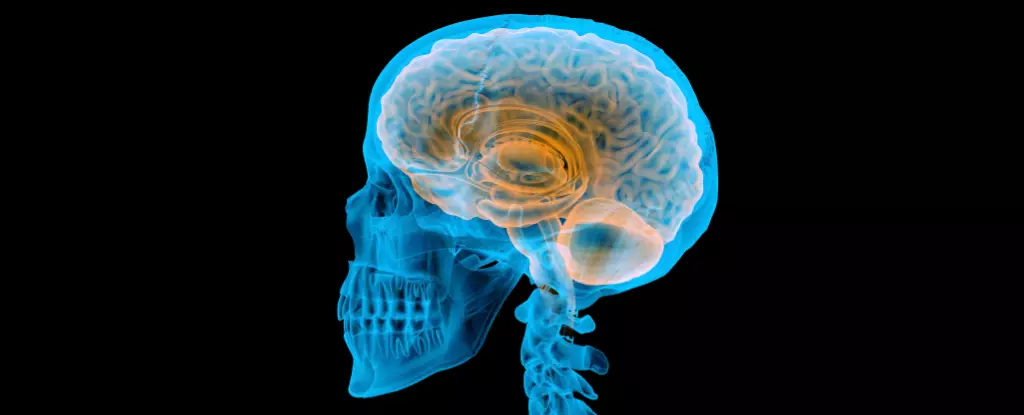The interplay between our gut microbiota and human evolution has long intrigued scientists. Recent research indicates that these tiny organisms residing in our intestines may have significantly influenced the development of larger human brains. While the notion of microbes fostering cognitive enhancement seems unconventional, emerging evidence underscores the importance of gut bacteria in our evolutionary history.
The human gut microbiome, a complex community of trillions of microorganisms, has traditionally been associated with digestion and nutrient absorption. However, recent studies, particularly those led by anthropologist Katherine Amato from Northwestern University, are shedding light on a much deeper role these microbes may play. Unlike the gut flora of many other animals, human microbiota appear to prioritize energy production tailored specifically for brain function. This preference raises important questions about how our ancestors achieved the metabolic adaptions necessary to support larger brains.
Research indicates that our brains are metabolically expensive organs, requiring a large amount of energy for development and sustained function. As humans evolved, our brains grew larger while our bodies had to undergo significant changes to meet these increased energy demands. Amato’s research suggests that the microbes present in the human gut contributed to this energy prioritization, essentially creating a biological environment that favored intellectual development over mere survival.
To further explore the role of gut microbes, Amato and her team conducted experiments using germ-free mice inoculated with gut microbiomes from three distinct primate species: humans, squirrel monkeys, and macaques. The selection of these particular species was intentional; both humans and squirrel monkeys represent “brain-prioritizing” species, boasting relatively large brains for their body sizes, while macaques show a contrasting smaller brain-to-body ratio.
Monitoring the mice’s metabolic responses yielded fascinating findings. Mice that received the human gut microbiome exhibited higher levels of fasting glucose and triglycerides while demonstrating lower cholesterol and minimal weight gain. This suggests that the human microbiome is adept at converting nutrients into the energy needed to support brain function rather than storing it as fat—a clear advantage in the context of brain evolution.
Interestingly, while the differences between the human and macaque microbiomes were anticipated, the effects observed in squirrel monkeys mirrored those seen in humans, highlighting a parallel adaptation in metabolic processes conducive to brain energy demands. This convergence suggests that similar evolutionary pressures may have shaped the gut microbiomes of these two species in ways conducive to supporting larger brains.
Amato’s research aligns with the broader evolutionary observation that energy allocation presents a trade-off between brain growth and body size across mammalian species. This concept takes on added significance when examining human developmental stages. The research indicates that changes in the brain’s energy requirements occur inversely to growth rates in humans from infancy through puberty. A slower growth rate during mid-childhood coincides with peak brain energy demand, elucidating the dynamic relationship between physical growth and cognitive development.
The implications of these findings extend beyond mere academic curiosity. Understanding the symbiotic relationship between gut microbes and brain development can yield insights into human health, cognitive function, and the potential impact of modern diets on our microbiota. As we face an era characterized by rapid changes in our dietary patterns, recognizing the influence of gut health on brain function may pave the way for novel approaches to enhance cognitive resilience.
Advancements in microbiome research present new avenues for further exploration. As the field continues to evolve, scientists can pursue more comprehensive studies aimed at mapping the extensive interactions between gut microbiomes and neurological health. Identifying specific microbial strains that favor cognitive function could lead to innovative dietary or therapeutic strategies aimed at improving not only gut health but also cognitive performance.
The evidence suggests that our gut microbiomes have intricately woven themselves into the very fabric of our evolutionary history. Rather than being mere bystanders in the journey of human evolution, these tiny organisms may have actively contributed to the significant development of our brain capacity, illustrating the complex relationship between our diets, microbial communities, and cognitive evolution.

